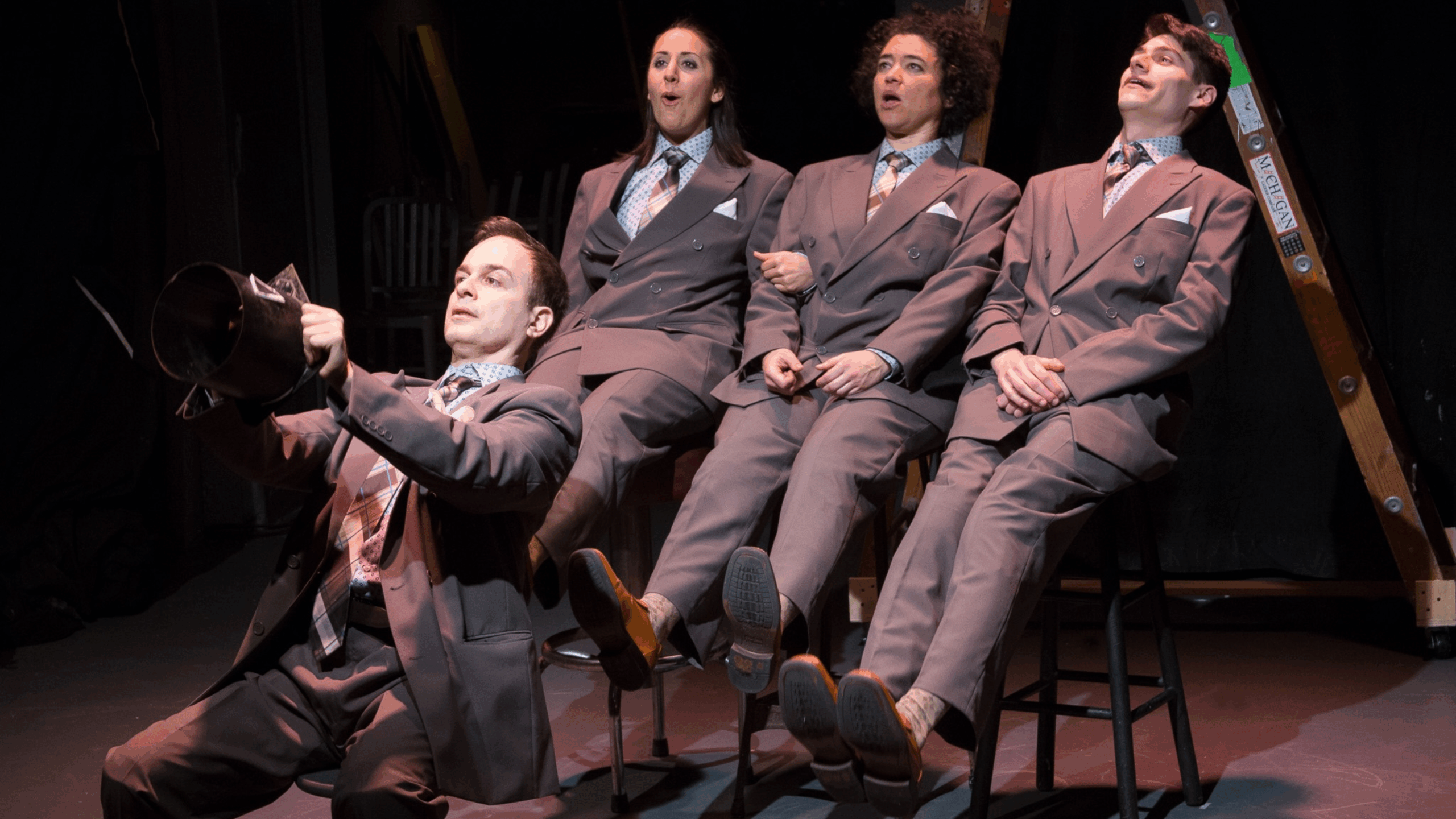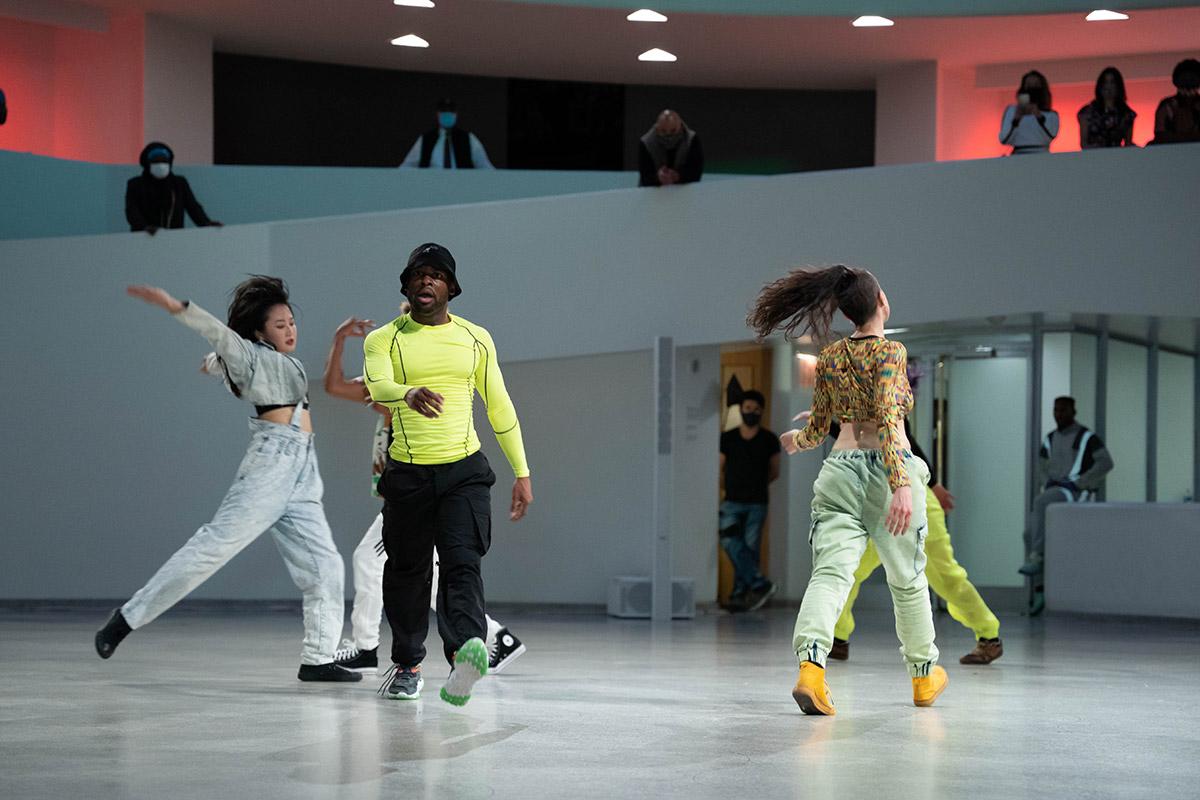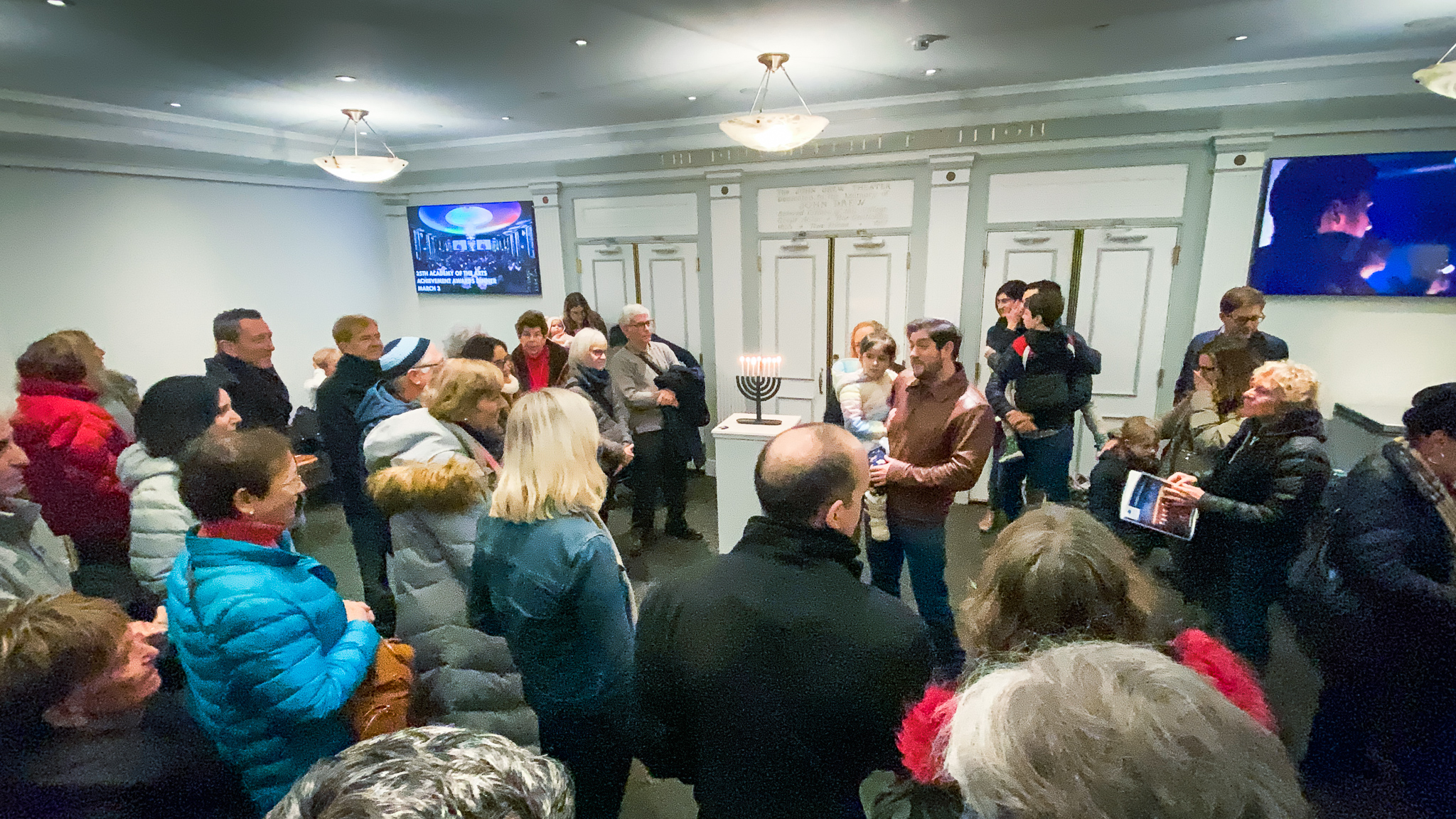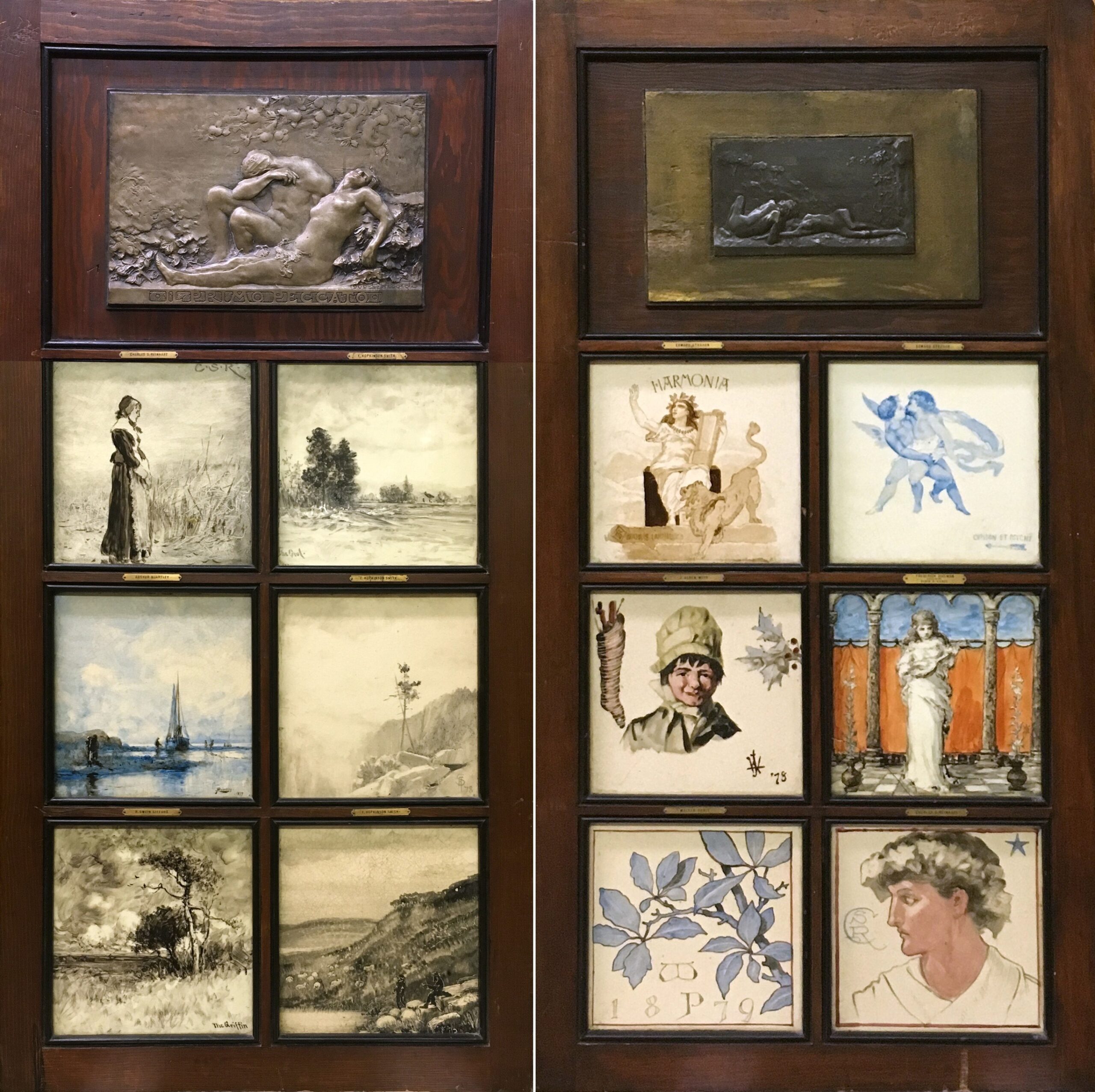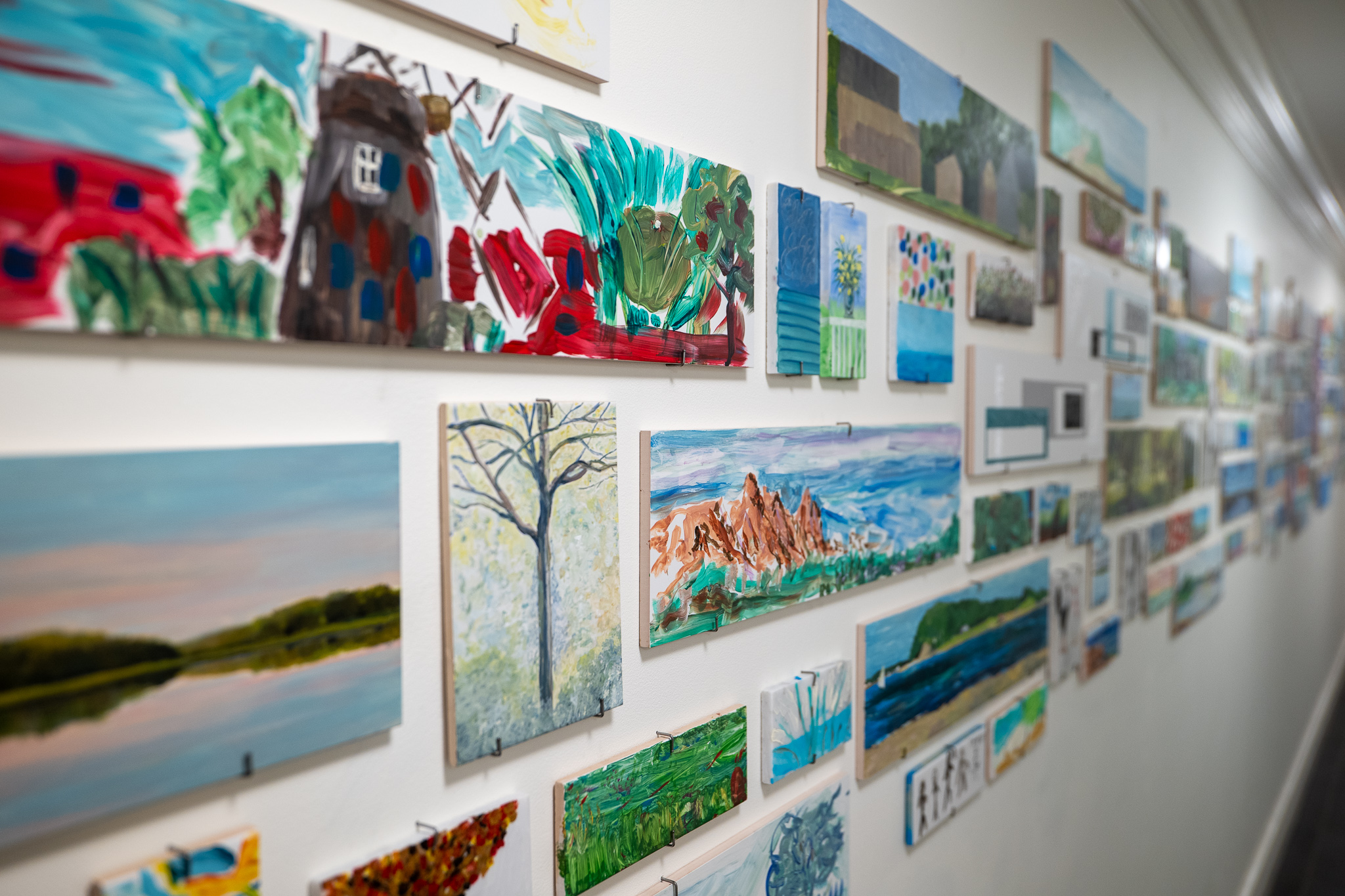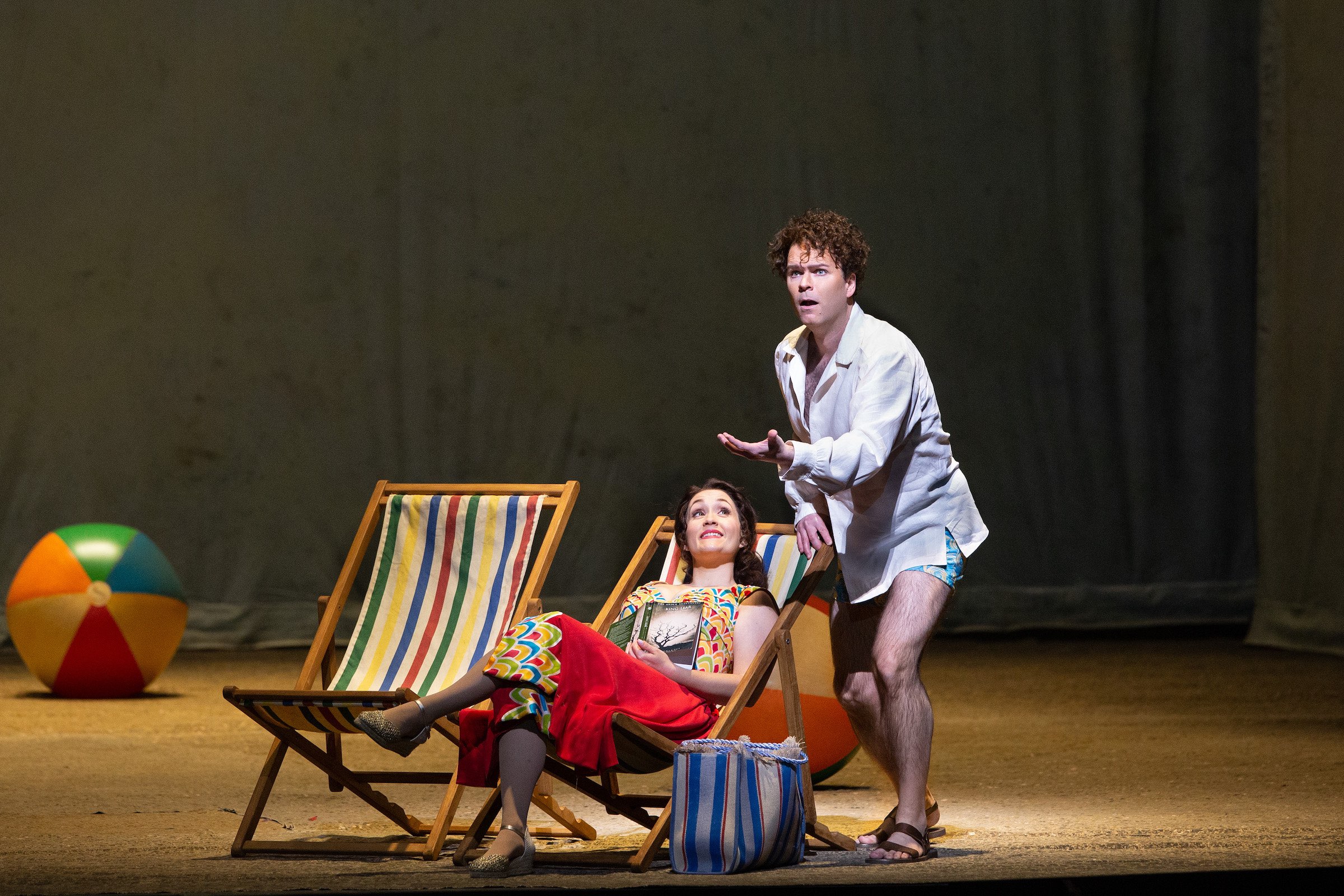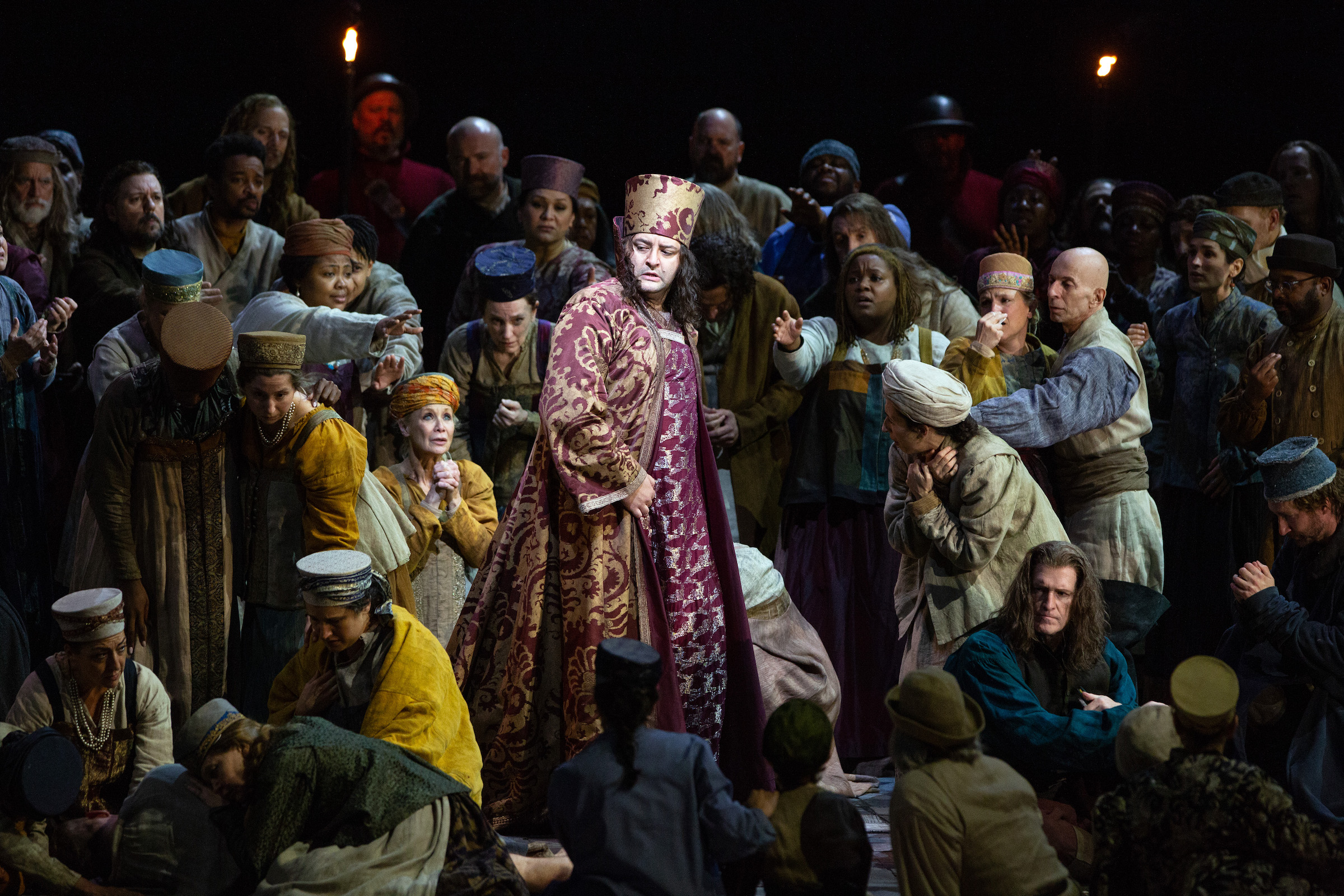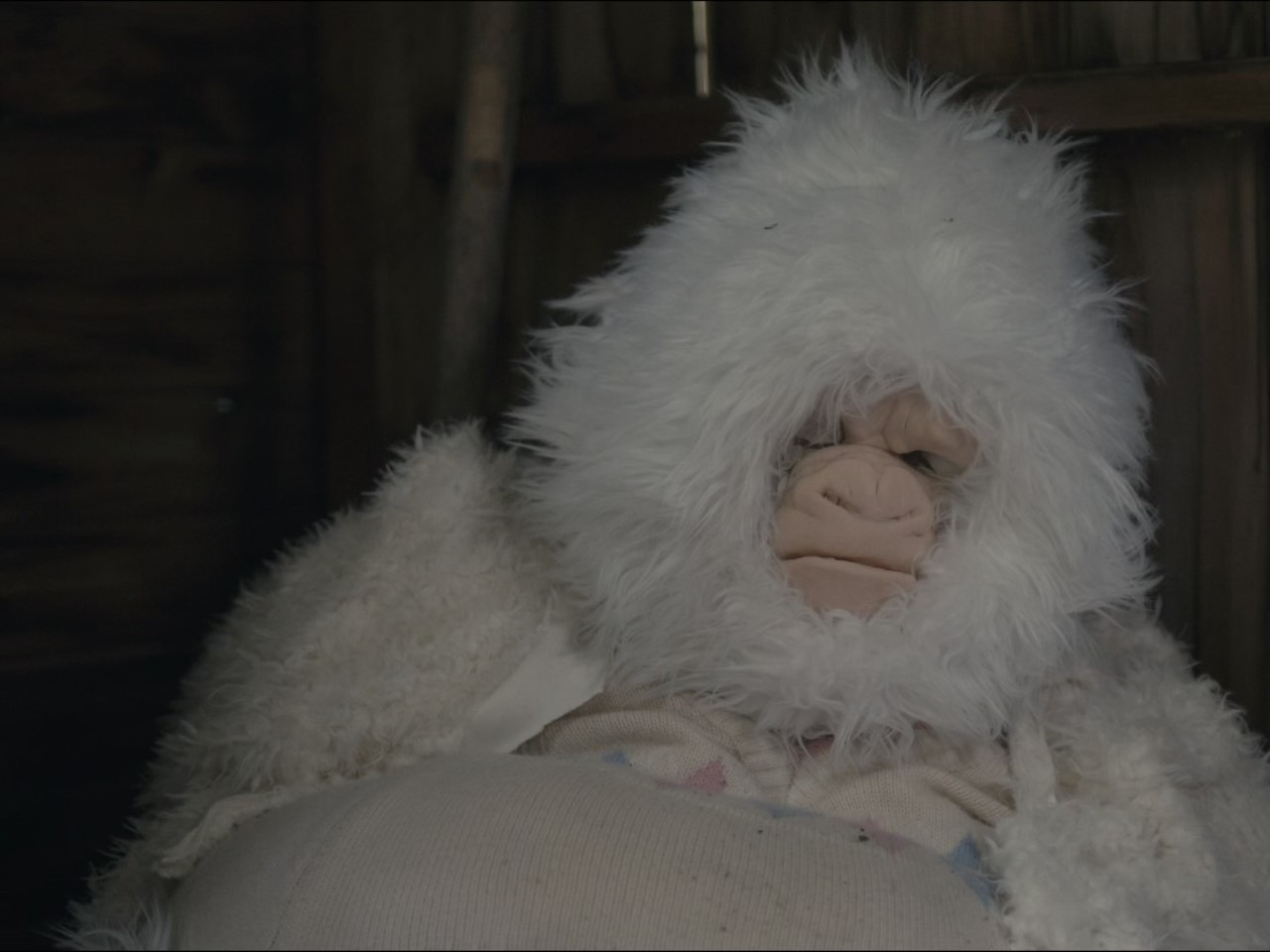New York is Burning
Les Ballet Afrik
with Omari Wiles
Show and Tell Presentation at The Church, Sag Harbor
Commissioned before the pandemic, New York Is Burning was to honor the 30th anniversary of the of the 1990 documentary Paris Is Burning, which received critical acclaim for its depiction of New York’s LGBTQ Ballroom scene and of voguing as a powerful expression of personal pride in the face of racism, homophobia, and the stigma of the AIDS crisis. In uncanny resemblance and just as Paris Is Burning did for New York in the 1980s, New York Is Burning reflects the aspirations, desires, and yearnings of a diverse group of dancers in a city again beset by health, race, and financial crises. Led by choreographer and dancer Omari Wiles, the founding father of the House of Oricci and a legend within the Ballroom community, New York Is Burning centers on the artists for whom the dance company serves as a surrogate family including Kya Azeen, Eva Bust A’ Move, Algin Ford-Sterling, Alora Martinez, Shireen Rahimi, Milerka Rodriguez, Yuki Sukezane, and Yuhee Yang.
New York Is Burning is commissioned by Works & Process at the Guggenheim and at the peak of the pandemic received Works & Process bubble residencies at Catskill Mountain Foundation and Kaatsbaan Cultural Park. Works & Process bubble residencies were made possible by The Andrew W. Mellon Foundation and Doris Duke Charitable Foundation. New York Is Burning is also supported by at Works & Process LaunchPAD “Process and Destination” residency at The Church, Sag Harbor, in partnership with Guild Hall and Sag Harbor Cinema.
COVID-19 PROTOCOL: Attendees must be fully vaccinated and must show proof on arrival. Face masks are required.


